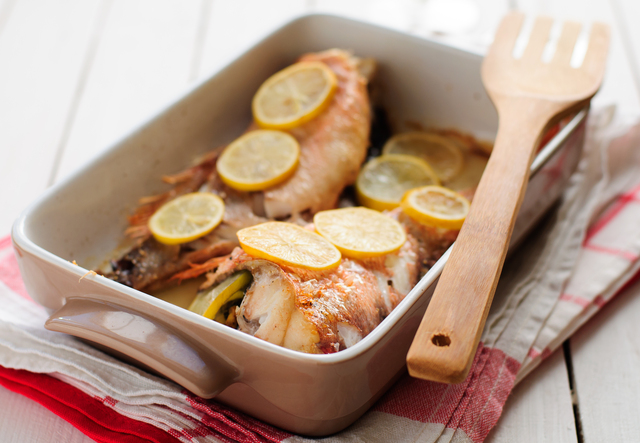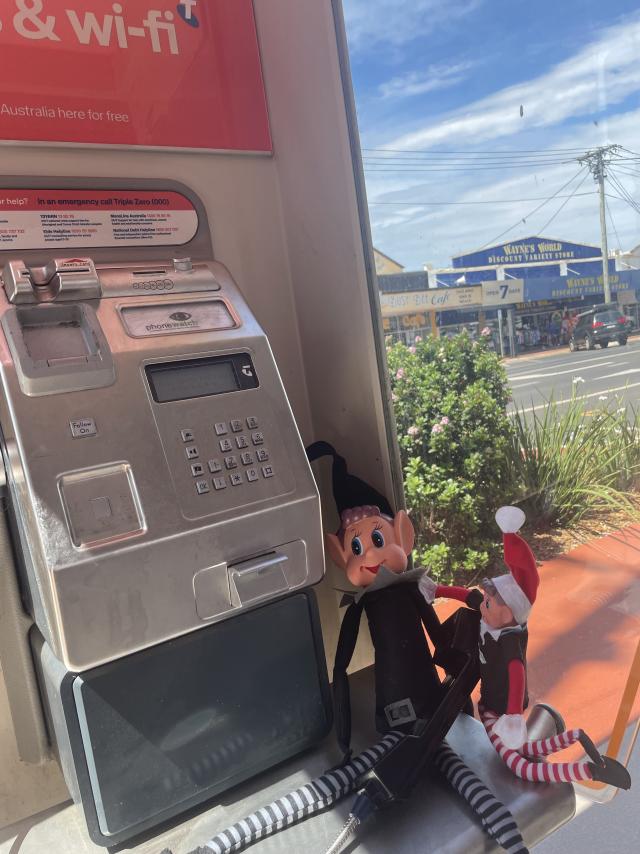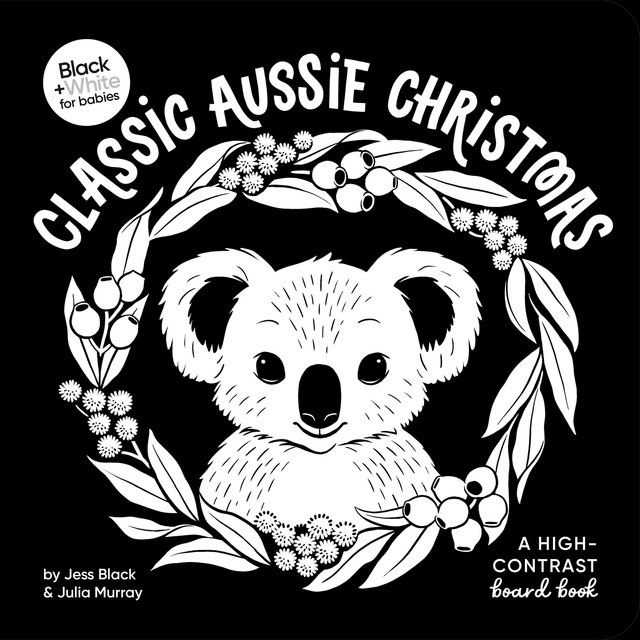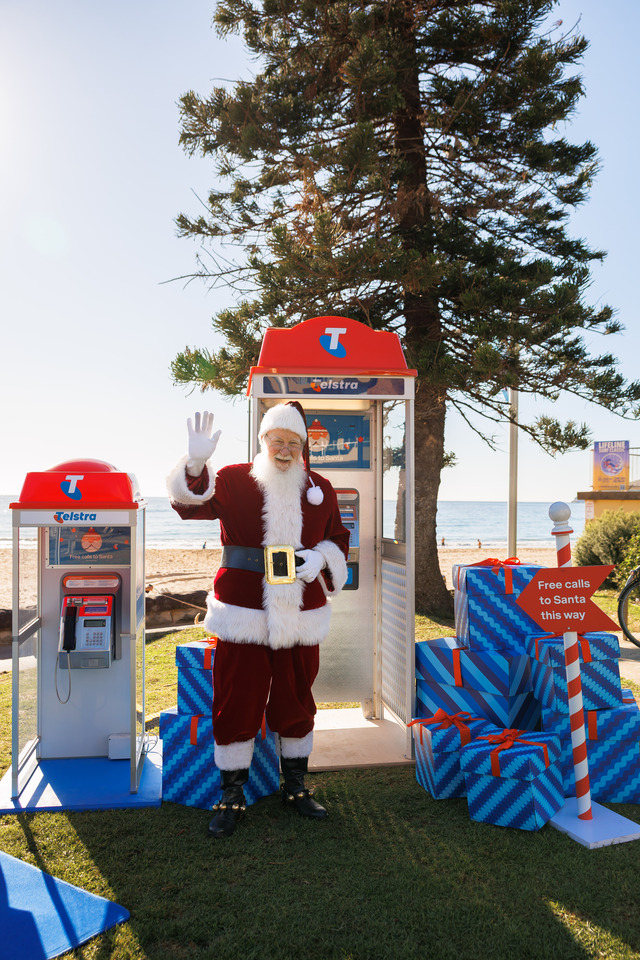By RUSSELL BENNETT
PROUD hills residents braved the cold and the driving rain in Cockatoo last Wednesday for an Anzac Day service with a little extra significance.
They huddled together, hearing the remarkable story of the Cullen brothers – Arthur, Frederick, William and Alfred – four Cockatoo boys who, in the prime of their lives, fought side-by-side in World War I.
Local resident and former high school history teacher Arthur Wintle spent the past three months preparing a history on the five Cullen brothers, including one who did not serve, for Cockatoo’s Anzac Day service.
The day also featured the unveiling of a plaque celebrating last year’s planting of an Aleppo Pine – a descendant of the Lone Pine of Gallipoli.
Cockatoo pioneers, the Cullen family settled in the town in 1903 with a parcel of land opposite the current site of Cockatoo Primary School.
Little more than a decade later, four brothers – Arthur, the oldest, born in 1884, Frederick in 1886, William in 1894 and Alfred in 1898 – signed up to serve their country.
Alfred, the baby of the family, unsuccessfully attempted join as an underage 16-year-old.
But he would not be dissuaded – joining under an assumed name, and still underage, on his second try.
Arthur, Frederick and William joined in August and November of 1914 – soon after the war began.
They were part of the 14th Battalion, which completed its training in Egypt and later became part of the 4th Brigade – commanded by then Colonel John Monash.
The first Australian, New Zealand, English and French troops landed in Gallipoli on the morning of 25 April 1915 at dawn.
The 4th Division, with Arthur, William and Frederick, landed that afternoon. Arthur was wounded within a week, Frederick two weeks, and William was also injured.
All three were sent back to Egypt for medical attention.
Once Arthur healed from his head wound, he went back to Gallipoli to fight again – only for dysentery to ultimately end his time there.
Frederick was sent home from his injuries, but that famous never-say-die Cullen spirit saw him join up again.
William was discharged, sent home and stayed there.
Arthur and Frederick landed in France in 1916, and Frederick was killed in action on 17 October 1917.
Alfred landed in France in July of 1917 as part of the battle-hardened 58th Battalion, after joining up as Christopher Patrick Cullen.
He returned with Arthur to Australia in 1919.
Mr Wintle recounted the horror the young Cullen boys went through on some of the bloodiest battlefields of the war.
“All the boys had pretty hard times in the war,” he said.
“Letters from the boys even describe them hiding in shell holes.”
Mr Wintle, a keen historian, compiled histories on the Cullen brothers from information given to him by the grand daughter of the oldest brother, Frank, who did not serve.
But he only received letters and photographs from the Cullen family a week ago.
In the three months prior, he scoured over public records and the Cullen boys’ war service records.
He researched their battles through the Australian War Memorial website, and also poured through old electoral roles and births, deaths and marriages records.
Mr Wintle, 63, is now a crossing guard at Gembrook Primary School. He has lived in the hills all his life.
Having studied the Cullen story, Mr Wintle now has his sights set on researching the histories of Cockatoo’s 46 other World War I veterans.
Battle-hardened brothers
Digital Editions
-

Snap up a snapper
Summer equals snapper season and if you or anyone you know comes back from the bay with a haul, here’s how you can put these…





